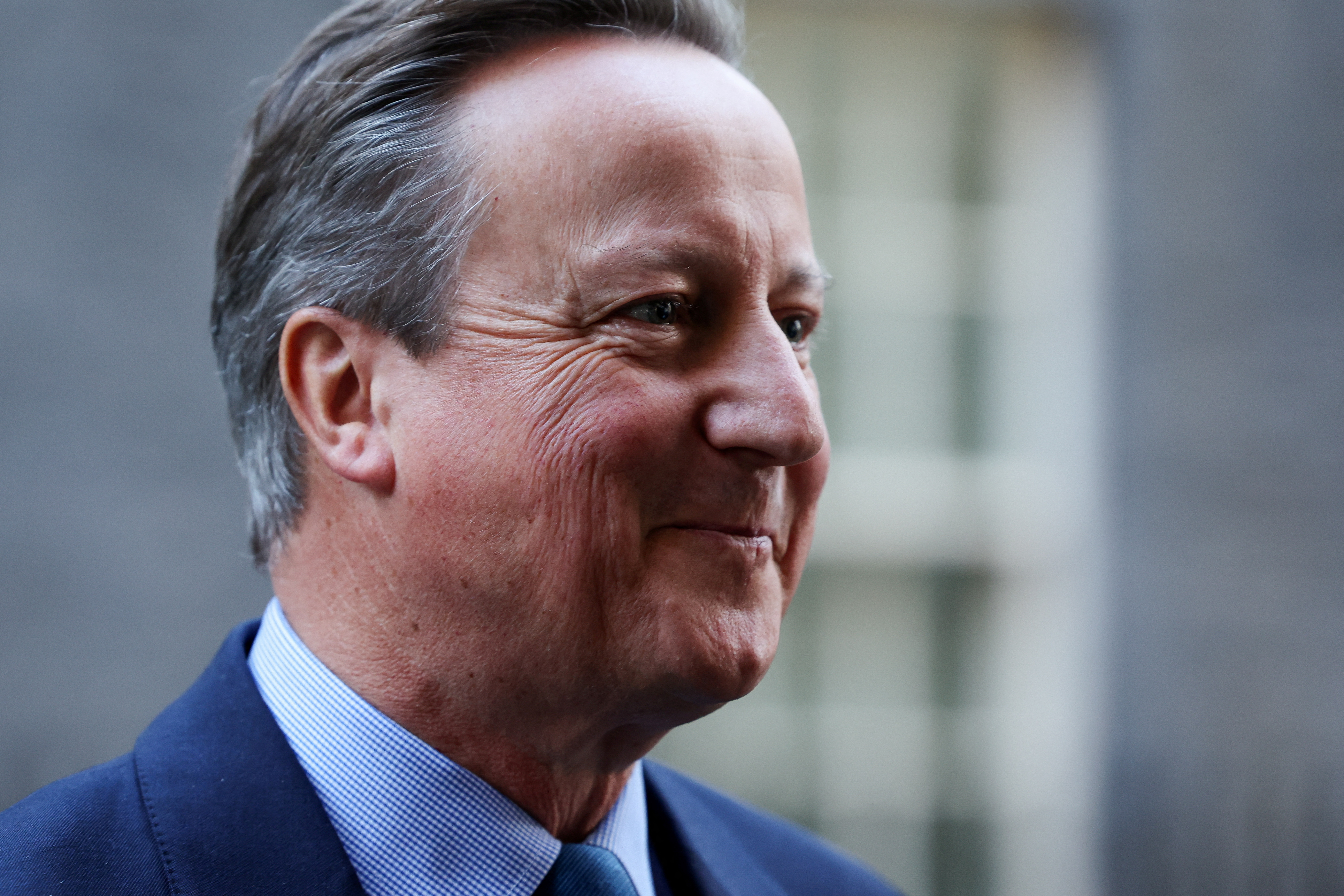DAVID CAMERON, FORMER PM AND NOW BRITAIN’S NEW FOREIGN MINISTER
LONDON, Nov 13 - David Cameron, 57, served as British prime minister from 2010 to 2016, resigning after the outcome of the Brexit vote, when Britain voted to leave the European Union.
Below are some facts about Cameron:
* A former public relations executive for a commercial television company, he became Britain's youngest leader in almost two centuries after the 2010 election when he led the nation's first coalition government since World War Two.
* A descendant of King William IV, who went to the exclusive private school Eton College and then Oxford University, he faced accusations of being out of touch as his government implemented a series of austerity measures following the global financial crisis.
* In 2013, his government legalised same-sex marriage, which Cameron backed strongly, saying at the time: "I don't support gay marriage in spite of being a Conservative. I support gay marriage because I am a Conservative."

* As prime minister, Cameron ordered military intervention in Libya, when Britain and its allies led international efforts to help oust then-leader Muammar Gaddafi in early 2011.
In 2016, a report by British lawmakers slammed the decision as flawed for contributing to the North African country's political and economic collapse.
* Cameron agreed to hold a referendum on Scottish independence in 2014, campaigning successfully against secession as Scots voted by 55-45% to stay in the United Kingdom.
* Aiming to repeat that success, Cameron called a referendum on membership of the European Union in June 2016 to end decades-long arguing in his Conservative party on the issue. However, Britain voted for Brexit and he announced he would quit as prime minister the following day.
* In 2021, it emerged that Cameron had repeatedly contacted senior ministers in 2020 to lobby for the now-failed, supply-chain finance firm Greensill Capital, fuelling questions about the extent to which former leaders can use their status to influence government policy.




